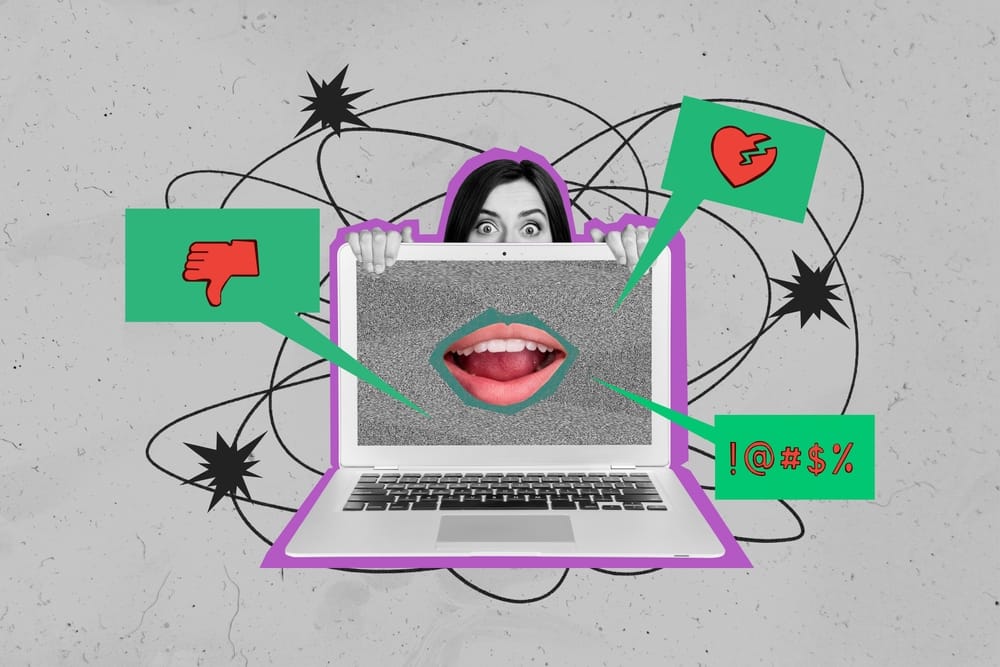
Neurofusion
Now's the time to focus on neurodiversity in the workplace
Why Now?
Neurodiversity refers to the natural variation in human cognition, encompassing conditions such as ADHD, autism, dyslexia, dyspraxia, and sensory processing differences.
As international awareness increases, it's vital that New Zealand adopts both global best practices and local insights to create workplaces that value and support cognitive diversity.
Under-recognition in Policy and Practice
Many neurodivergent employees engage in masking behaviours, leading to burnout and attrition.
Lack of Benchmarks and Data.
No standardized tools exist to assess neuroinclusion across sectors.
Without benchmarking, organizations struggle to identify systemic barriers.
Insufficient Legal Protections
Core legislation (e.g. Public Service Act, Human Rights Act) lacks explicit neurodiversity provisions.
This results in inconsistent or minimal support for neurodivergent employees.
Limited Lived Experience Representation
Neurodivergent individuals are rarely involved in policy co-design.
International Lens: What Can NZ Learn?
United Kingdom
Policy & Law: The Equality Act 2010 provides some legal footing for neuroinclusion.
Employment: Only 31% of autistic adults are employed — but the UK has launched an expert panel to address this.
Practice: 30% of organizations have defined neuroinclusion goals. There is rising demand for tools like the Neurodiversity in Business Charter.
Australia & US
Employer-Led Initiatives: Companies like Microsoft and IBM run neurodivergent hiring programs.
Certification Models: Stanford’s Neurodiversity Project and DXC Dandelion Program offer structured pathways.
Neuro-Inclusion in the Workplace Survey
Expanded to benchmark against UK and Australian standards.
Includes structured hiring, sensory environment feedback, and support practices.
Certification Programme Enhancements
Benchmarked against the UK Neurodiversity at Work Charter.
Includes leader training, recruitment pipeline redesign, and staff feedback systems.
What you can do:
Complete the confidential 'NeuroInclusion in the Workplace' Survey :- To understand the lived experience of neurodivergent staff.
- Benchmarked against International standards.
Complete a full employee lifecycle A-to-Z Policy review with BrainBadge:- Benchmarked against international best practice. - Full Report provided identifying gaps, and recommendations to remediate.
Undertake the BrainBadge Certification Programme- A 12 month immersive programme that enables organisations to create a workplace environment where neurodiversity thrives..- Includes leadership training, recruitment pipeline redesign, and staff feedback systems.- Futureproofing your organisation by embracing neurodivergence.
Challenge Proposed Action Stakeholders
No benchmarking - Implement national survey with cross-country comparison modules "Govt ministries, DEI leaders"
Gaps in legislation Advocate for neurodiversity clauses in Human Rights & Public Service Acts "Legal experts, advocacy groups"
Limited awareness Launch campaign sharing success stories from UK & NZ businesses "HR, employers, media"
Exclusion from decision-making Formalise lived-experience advisory panels "Community orgs, policy bodies"
Weak recruitment support "Pilot structured, accessible recruitment and onboarding programmes" "Employers, neurodivergent jobseekers"
50 organizations participating in benchmarking survey
25 neurodivergent-led co-design consultations
10+ policy updates influenced by BrainBadge submissions
Legislative progress on at least one act
100% of certified orgs implementing inclusive recruitment and adjustments
Join the Movement
"BrainBadge" is a world first New Zealand led initiative.

Together, we can ensure Aotearoa New Zealand becomes a world leader in NeuroInclusion — not by following, but by leading with integrity, data, and lived experience.



